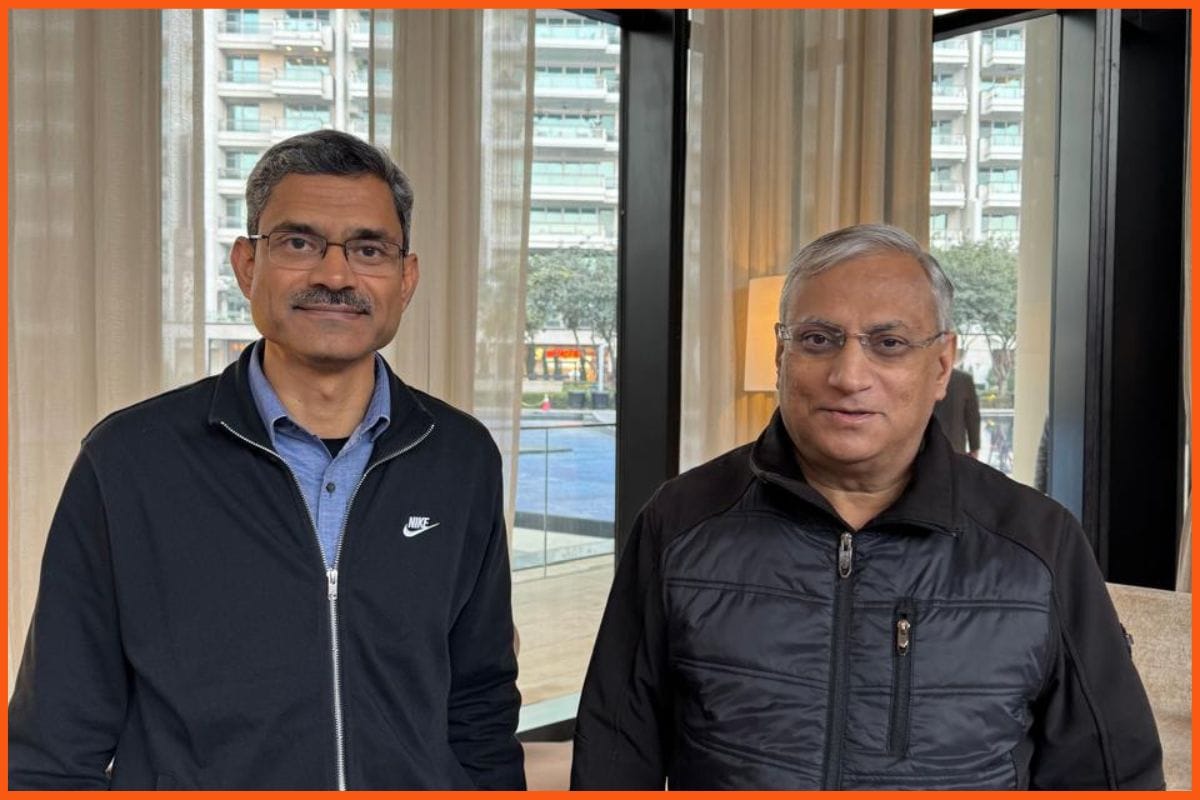According to AICPDF, a Rapid Surge in Quick Commerce Resulted in the Closure of 2 Lakh Kirana Stores

The All India Consumer Products Distributors Federation (AICPDF) reports that over 2 lakh local "kirana" (general) stores have closed in the last 12 months as customers increasingly use fast delivery services like Blinkit and Zepto. According to various reports, the AICPDF blames these closures on the fast commerce industry's explosive growth and the economic downturn. It plans to present the findings to the Ministry of Commerce and Industry and the Ministry of Finance in the coming days in order to request their action.
The largest organisation in India, the AICPDF represents 4 lakh distributors of fast-moving consumer goods (FMCG) for well-known corporations like Nestle India Ltd., Dabur India Ltd., and Hindustan Unilever Ltd.
Major Metro Cities Witness the Worst Impact on Businesses
Kirana shops in urban areas have been the most impacted, according to the industry group. Metro areas were home to about 45% of the 2 lakh shuttered kirana shops. 30% were Tier 1 cities, while 25% were Tier 2/3 cities.
According to Dhairyashil Patil, national president of the AICPDF, kirana shops, which have traditionally prospered through competition, including the rise of supermarkets, now face an existential risk as a result of the rise of rapid commerce and the economic slump. He claimed that in order to attract clients, quick commerce companies are using deceptive pricing, which involves offering steep discounts and selling below cost. This has led to an unequal playing field, which is hurting the clientele and financial success of kirana shops.
Methods Used by Quick Commerce Platforms That Are Anti-Competitive
The AICPDF requested last week that the Competition Commission of India (CCI) take action against Blinkit and Zepto, two rapid commerce platforms, for engaging in anti-competitive behaviour. They claimed that these platforms participated in unlawful pricing and monopolistic practices, as well as running underground shopfronts to get around inventory rules. Additionally, AICPDF alerted the Ministry of Road Transport and Highways about the use of possibly uninsured private vehicles for delivery by fast commerce enterprises. Furthermore, they expressed their worries to the Ministry of Health and Family Welfare that these activities compromised food safety by breaking the rules set forth by the Food Safety and Standards Authority of India (FSSAI).
Online Retailers Already Under Competition Commission's Scanner
These developments coincide with the Competition Commission of India's ongoing investigation into online retailers for alleged unfair activities, including predatory pricing. According to an internal study by the CCI, e-commerce giants Flipkart and Amazon India broke antitrust laws by favouring some sellers on their platforms. In a similar vein, the AICPDF requested that the antitrust body look into three rapid commerce companies for suspected unfair pricing: Zepto, Swiggy Instamart, and Blinkit from Zomato. The federation contended in its letter that many consumer goods companies abandon traditional stores in favour of direct ties with these businesses, weakening delivery standards that have been in place for decades. Quick delivery platforms' "unchecked" growth is making it "impossible for traditional retailers to compete or survive," the company told CCI.
The government will "give a serious thought" to protecting the interests of traders hurt by rapid commerce and e-commerce companies' exploitative pricing strategies, according to Finance Minister Nirmala Sitharaman's statement on September 17. Similar worries regarding the e-commerce industry were also voiced by Union Commerce and Industry Minister Piyush Goyal, who emphasised the necessity for these platforms to "operate fairly" within the nation.

Must have tools for startups - Recommended by StartupTalky
- Convert Visitors into Leads- SeizeLead
- Website Builder SquareSpace
- Run your business Smoothly Systeme.io
- Stock Images Shutterstock







